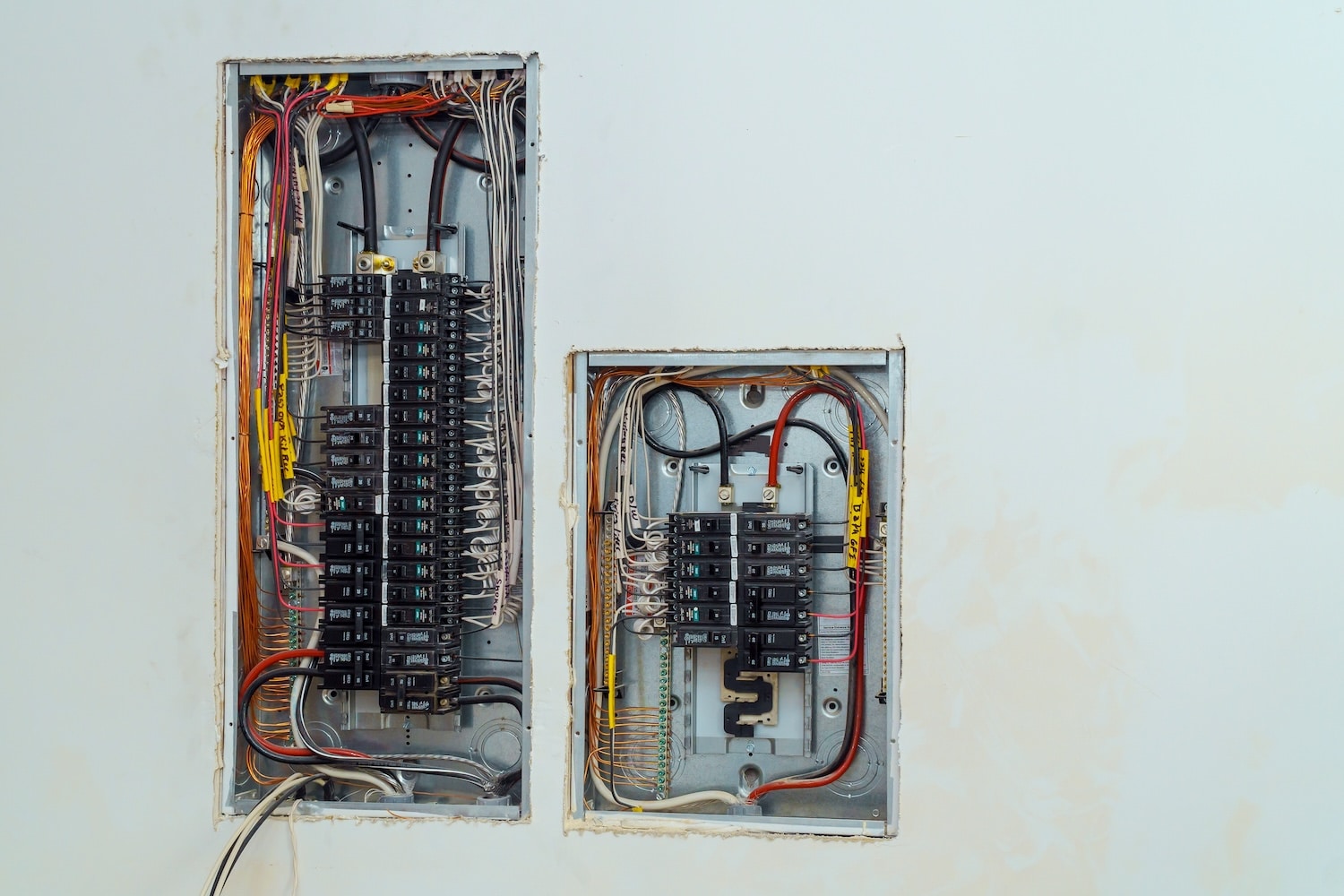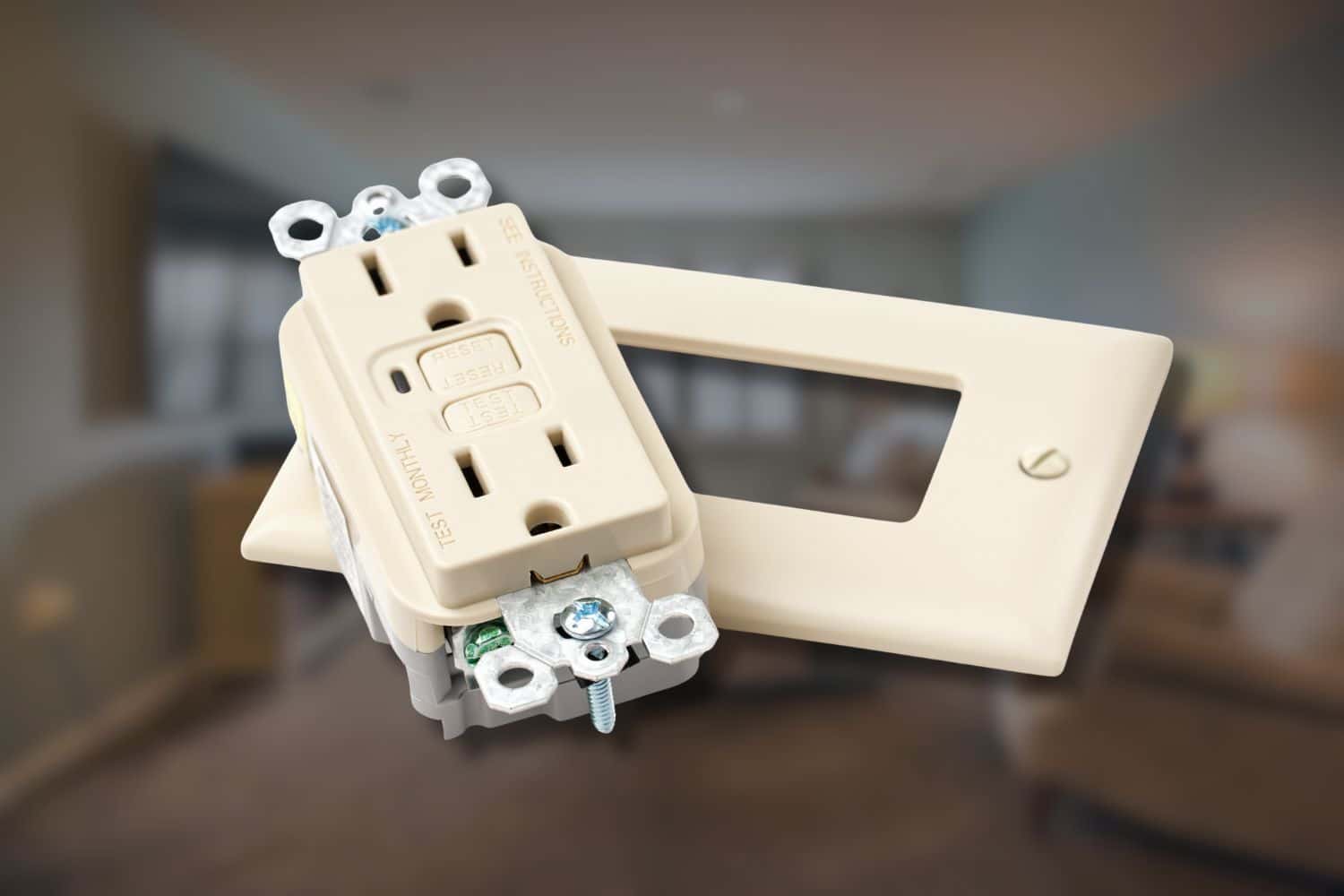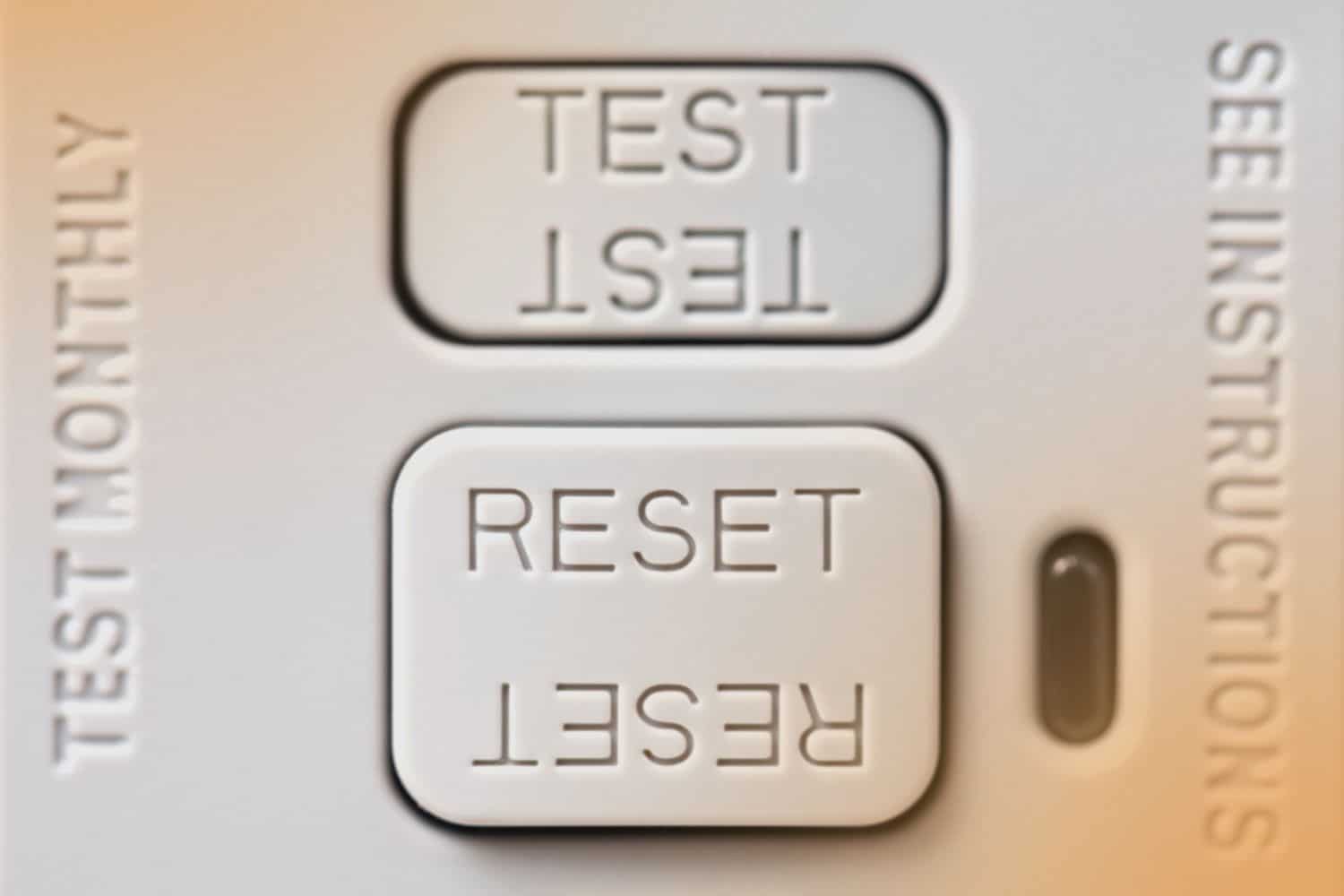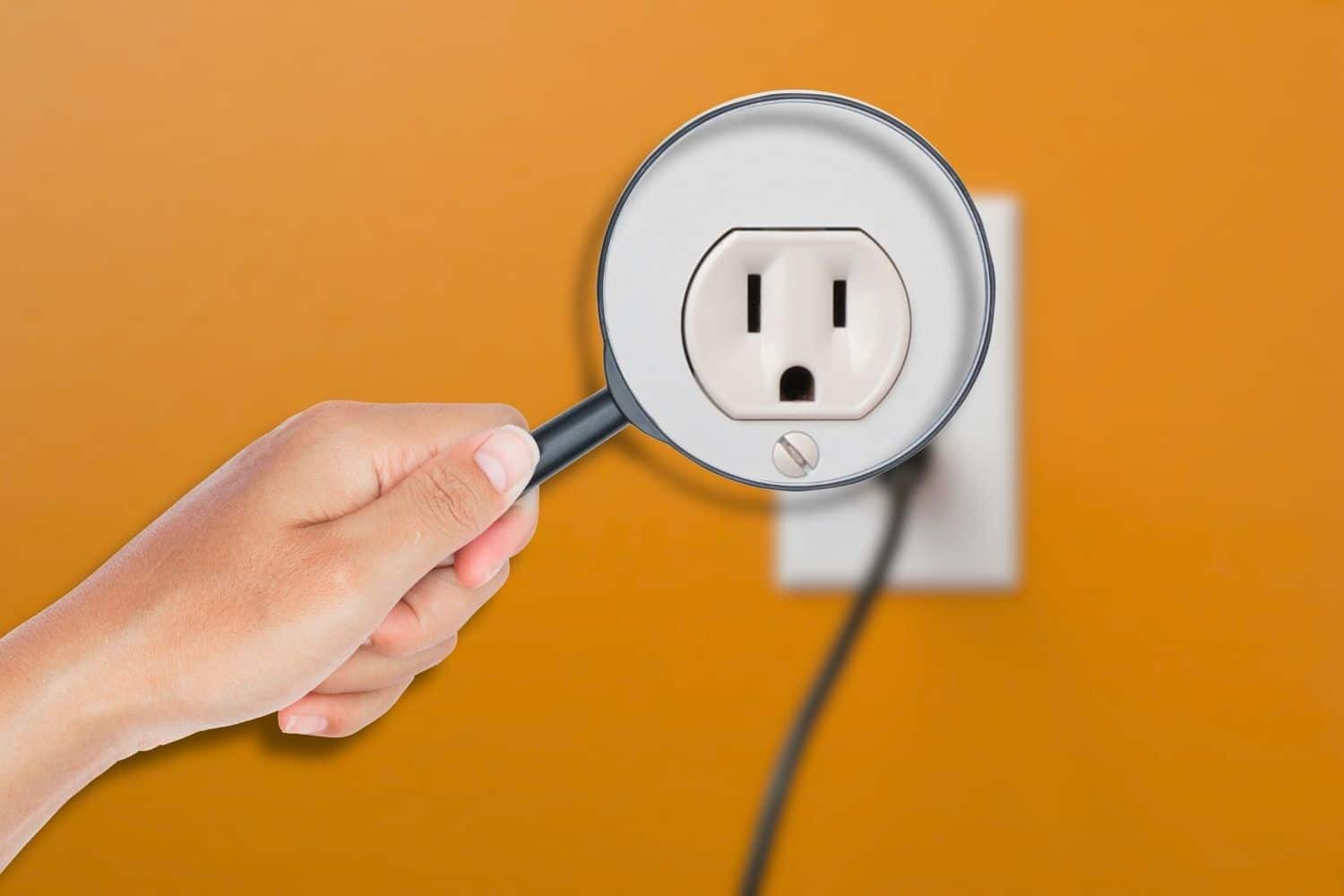If you’re buying or selling a home (or just maintaining yours) the electrical panel matters more than you might think. While it often sits out of sight and out of mind, it box plays a major part in keeping the home powered and safe.
Like almost anything else in a house, things can go wrong…electrical panel defects are one of the most common issues flagged during an inspection. They can delay a sale, raise safety concerns, and lead to needing expensive repairs. This post will make sure you know what to look for, what common issues mean, and when it’s time to call in an expert.
What an Electrical Panel Does
An electrical panel (also called a breaker box or fuse box) is the control center for all the electricity in your home. It sends power to each room, protects against overloads, and shuts off circuits if there’s a problem.
Most homes have the panel in the garage, basement, utility room, or outside. It’s usually a gray metal box with switches (called breakers) labeled for different areas of your home.
If something goes wrong with your power—or you’re having electrical work done—this is the first place to check on.
Common Electrical Panel Defects to Catch
- Rust or corrosion – This usually means moisture is getting into the panel, which is a major concern.
- Double-tapped breakers – Two wires sharing the same breaker when only one should be connected can cause overheating.
- Overcrowded wiring – Too many wires packed into one space can increase the chance of shorts or fires.
- Missing or broken panel cover – Exposes live wires and can lead to injury.
- Scorch marks or melting – A sign of overheating or past electrical damage.
- Unlabeled breakers – Makes it hard to shut off power in an emergency.
- Outdated or recalled brands – Older panels like Federal Pacific or Zinsco are known safety risks and often flagged during inspections.
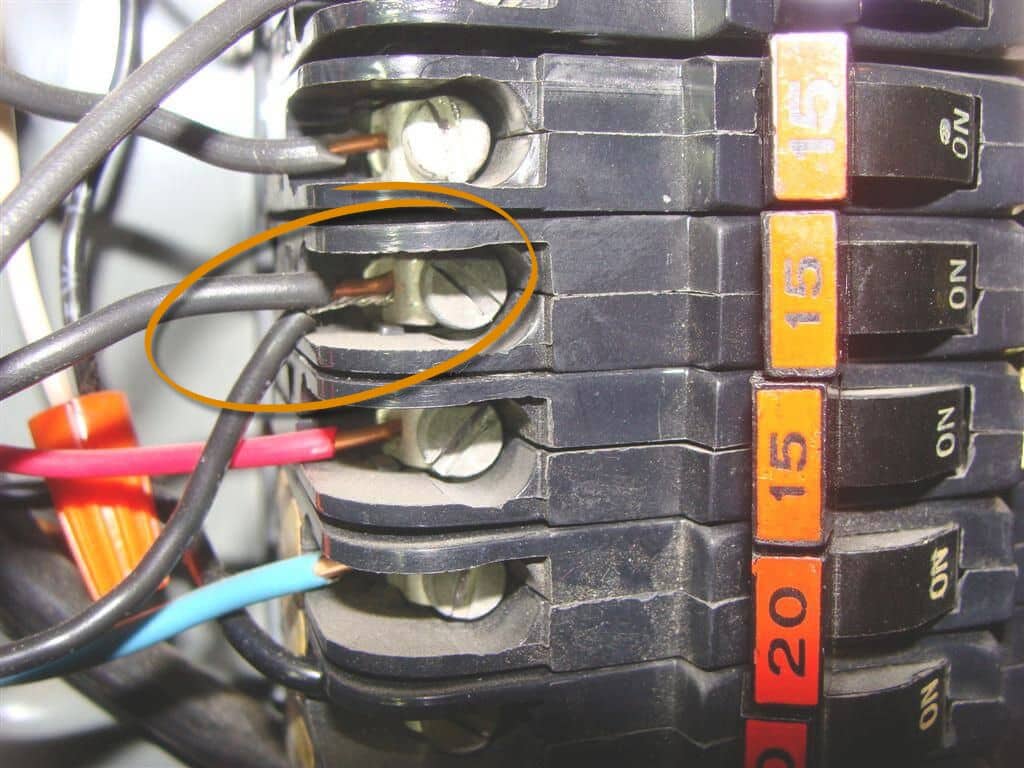
Example of a breaker that’s been double-tapped (connected to two different wires).
Risks Associated With Electrical Panel Defects
It’s easy to think, “If the lights are on, everything must be fine.” But small defects inside your panel can lead to big problems over time.
Some of the most common risks:
- Electrical fires – Overheating, sparking, and damaged wires can create fire hazards.
- Damage to electronics and appliances – Inconsistent or overloaded power can wear things down faster.
- Postponed home inspections – Sellers may be asked to fix panel issues before closing, which can delay the process.
- Renovation roadblocks – Outdated panels may not support modern appliances or added rooms.
- Insurance headaches – Some insurance companies won’t cover homes with known defective panels or visible corrosion.
Signs Something’s Wrong With the Panel
- Flickering or dimming lights
- Breakers that trip often or won’t reset
- Buzzing or popping sounds near the panel
- A warm or hot panel cover
- A burning smell or scorch marks on the box
Safe Fixes and Troubleshooting
It’s important to say this upfront—most electrical panel problems should not be handled by a homeowner.
Issues like rust, double taps, overheated wires, or recalled panels are serious, and trying to fix them yourself can put you at serious risk. That said, here’s what you can do:
- Check for clear labels – Make sure each breaker is labeled correctly so you know what it controls.
- Keep the area clear – Don’t block the panel with boxes or store flammable items nearby.
- Avoid overloading outlets – Too many power strips or appliances on one circuit can trip breakers.
- Note unusual behavior – If something seems off, like repeated breaker trips or buzzing sounds, don’t ignore it.
At Prospective Inspections, every electrical panel inspection is backed by decades of hands-on experience. Our lead inspector and owner was a licensed electrician for over 30 years, which gives us an edge in spotting issues that might be missed by others. That trained eye matters—especially when safety, repairs, or a sale are on the line.
Other Maintenance & Safety Tips
- Don’t store flammable materials near the panel
- Use surge protectors to protect your electronics
- Test GFCI outlets (those with reset buttons) regularly
- Make sure smoke detectors are working
- Get a full home inspection every few years, especially if the home is older or you’re planning major upgrades
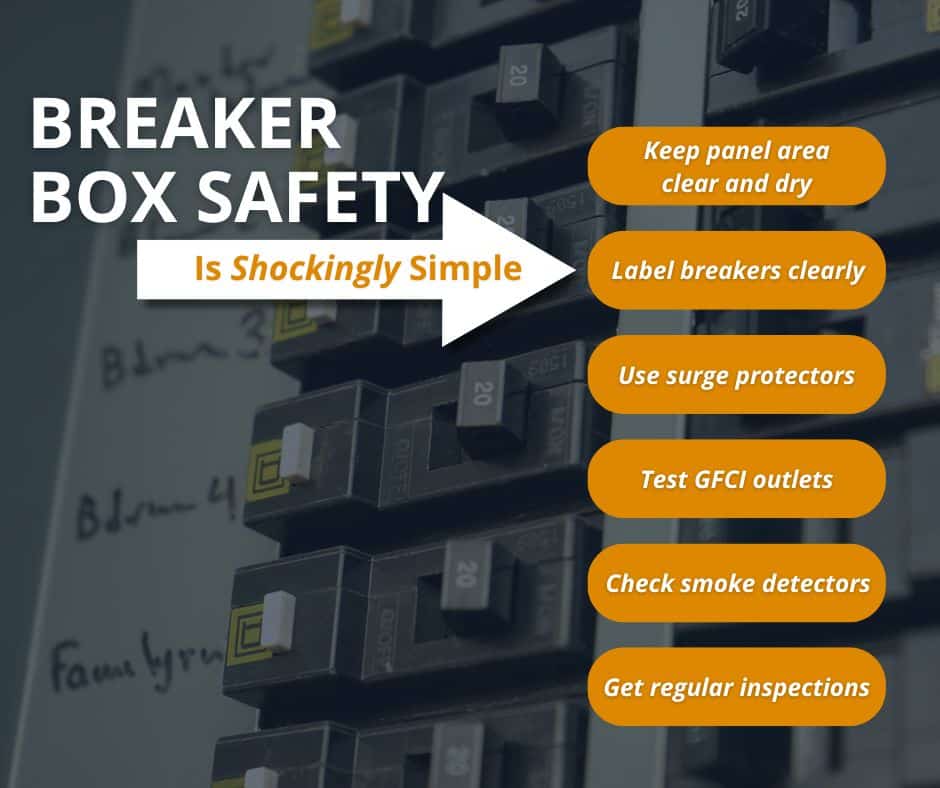
When Else to Call a Professional
Prospective Inspections offers thorough electrical panel evaluations as part of our standard home inspection services.
You don’t need to wait for a sale to check on your panel. Consider booking an inspection if:
- Your home is more than 30 years old
- You’re planning to sell or buy
- You’ve never had the panel looked at professionally
- You’ve noticed signs like tripping breakers or flickering lights
Conclusion
Electrical panel defects can hide in plain sight but cause big problems later, whether it’s failing an inspection, delaying a sale, or risking your home’s safety. Catching issues early gives you more control and Prospective Inspections is here to help.
If you’re unsure about your panel or preparing for a real estate transaction near Naperville, schedule a professional inspection with our team today.

